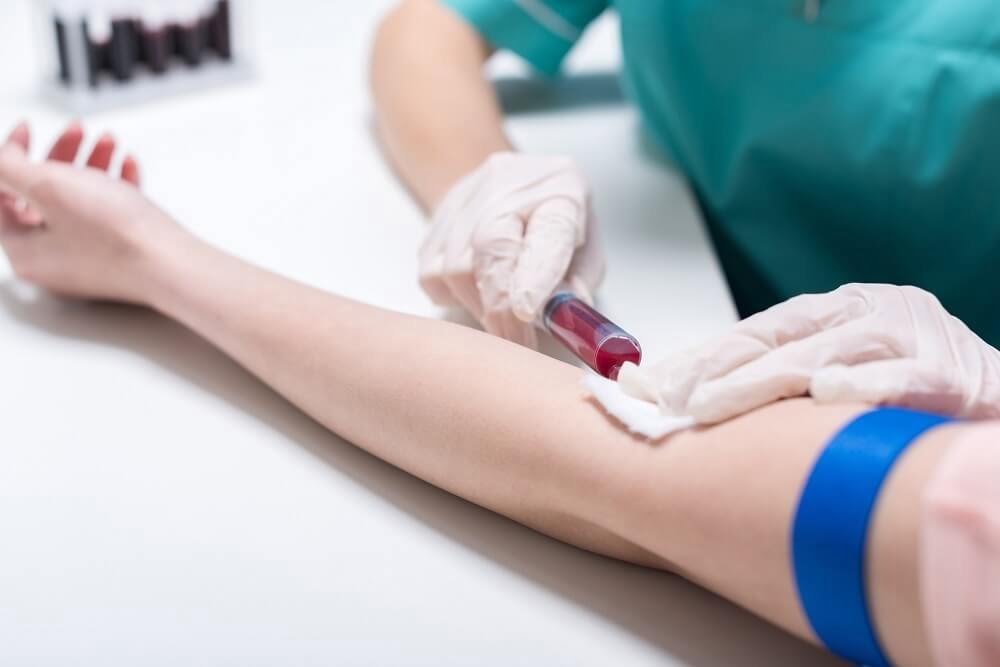Getting tested for sexually transmitted diseases (STDs) has become paramount over the last several years. All around the world, millions of cases are reported each year and this upward trend does not seem to show signs of slowing down anytime soon. There are a variety of factors that play a part in the statistics but evidently, the fact that most STDs remain asymptomatic for long periods of time does not help. In a US study, it was found that more than half of STD positive tests were from individuals who were not experiencing symptoms. As alarming as it sounds, it should serve as a call to action for everyone who is sexually active to get an STD test in Singapore. Keep on reading to learn more about STDs, STD testing, and the numerous benefits it brings.
What are STDs?
Sexually transmitted diseases or STDs are infections caused by viruses, bacteria, or parasites that spread through sexual (vaginal, anal, or oral) intercourse, close personal contact (kissing), or from a mother to her unborn child. There are more than twenty types of STDS – each one is caused by different types/strains of viruses or bacteria and can cause a variety of symptoms as well.
While sexual intercourse with an infected individual is the main prerequisite for an STD or STI to be passed to another, it is possible for a person who has never had vaginal intercourse to have an STI. In other words, even virgins can have STDs. Syphilis, human papillomavirus (HPV), and herpes simplex virus (HSV) are some STDs that can spread with skin-to-skin contact.
Married couples or those who are in mutually monogamous relationships often feel that it is okay not pass on an STD or STI testing because they have been with their partners for a long a time and they feel secured about each other’s sexual health status. This is true, but with a very specific exception – it only works if everyone in the relationship was screened for STD or STI prior to starting a sexual relationship. The thing is, most people with STDs are not aware that they are infected and as a result, relationship problems arise when symptoms start to appear a few years later. This further proves the importance of an STD screening test – getting one before starting a sexual relation with another person is important to let your partner know where each one stands and help avoid misunderstandings in the future.
Why do I need an STD test?
Aside from the peace of mind that you and your partner can enjoy, getting an STD test in Singapore can potentially save your life and the life of your partner, too. Early detection is the key to a more effective treatment, which means the earlier an STD gets diagnosed, the higher the chance that proper treatment plan will work. With an STI like HIV, for example, studies show that it is very much possible to attain a functional cure with early treatment. A functional cure, in this case, is a lowering the viral load to a level where the virus cannot do the body any harm and the disease will no longer progress to something life-threatening.
A screening test is also essential because not all STDs and STIs have symptoms. Even if you do not feel sick or is symptom-free, it does not guarantee that you do not have an STD. Or it could also be that the symptoms are so mild that you barely notice them at all! When any of these happen, you run the risk of spreading the infection to others and at the same time, expose yourself to the dangers of having an untreated infection, which is much worse. An untreated STD can cause debilitating and long-term health problems such as infertility, birth defects, brain damage, blindness, and even death.
The good news is that all STDs can be treated and the getting an STD test in Singapore is quick and easy. The first thing you need to do is to talk to a trusted healthcare provider from a reputable facility like the Health Advisory Clinic.
When should I get tested?
All sexually active adults are advised to get routine STD tests to protect their own and their partner’s health. Testing is also highly recommended to people who belong in one or more of the risk categories below:
For women:
- Those who are twenty-one years and older: women in this age group are required to undergo a Pap smear to check for abnormalities in the cervix. A Pap smear can detect pre-cancerous growths that may be caused by the human papillomavirus (HPV).
- Those who are sexually active under the age of twenty-five: a gonorrhea test and a chlamydia test is advised every year. Once women reach the age of twenty-five, those who are sexually active should undergo regular testing if they have new or multiple sexual partners or if they have an STD-positive partner.
- Pregnant women: testing for HIV, chlamydia, syphilis, and hepatitis B is a standard procedure for pregnant women. Getting tested for hepatitis C and gonorrhea are also recommended if they are exposed to certain risk factors.
For men and women:
- Those sexually active men and women who have had unprotected sex and are not in a monogamous relationship: if you do not use protection (condom) during sexual intercourse and/or you have more than one sexual partner at a time, you should get regular HIV and STD tests as recommended by your doctor.
- Those who are living with HIV: people living with HIV are susceptible to getting another STD, so they should be tested for herpes, syphilis, chlamydia, and gonorrhea as well.
- Those who are using injectable or illicit drugs: one way to contact HIV is through sharing needles. If you belong to this group, it is best to schedule regular HIV testing with your healthcare provider.
For men:
- Those who engage in sexual intercourse with other men: men who have sex with men are at a higher risk for contacting STDS. Doctors recommend that men in this group must be tested at least once a year for HIV, chlamydia, syphilis, and gonorrhea. If you have multiple partners, make sure that you get tested more frequently.
The Health Advisory Clinic
#04-49 One Raffles Place
1 Raffles Place, Singapore 048616
http://healthclinicgroup.com
+65 6226 6442








